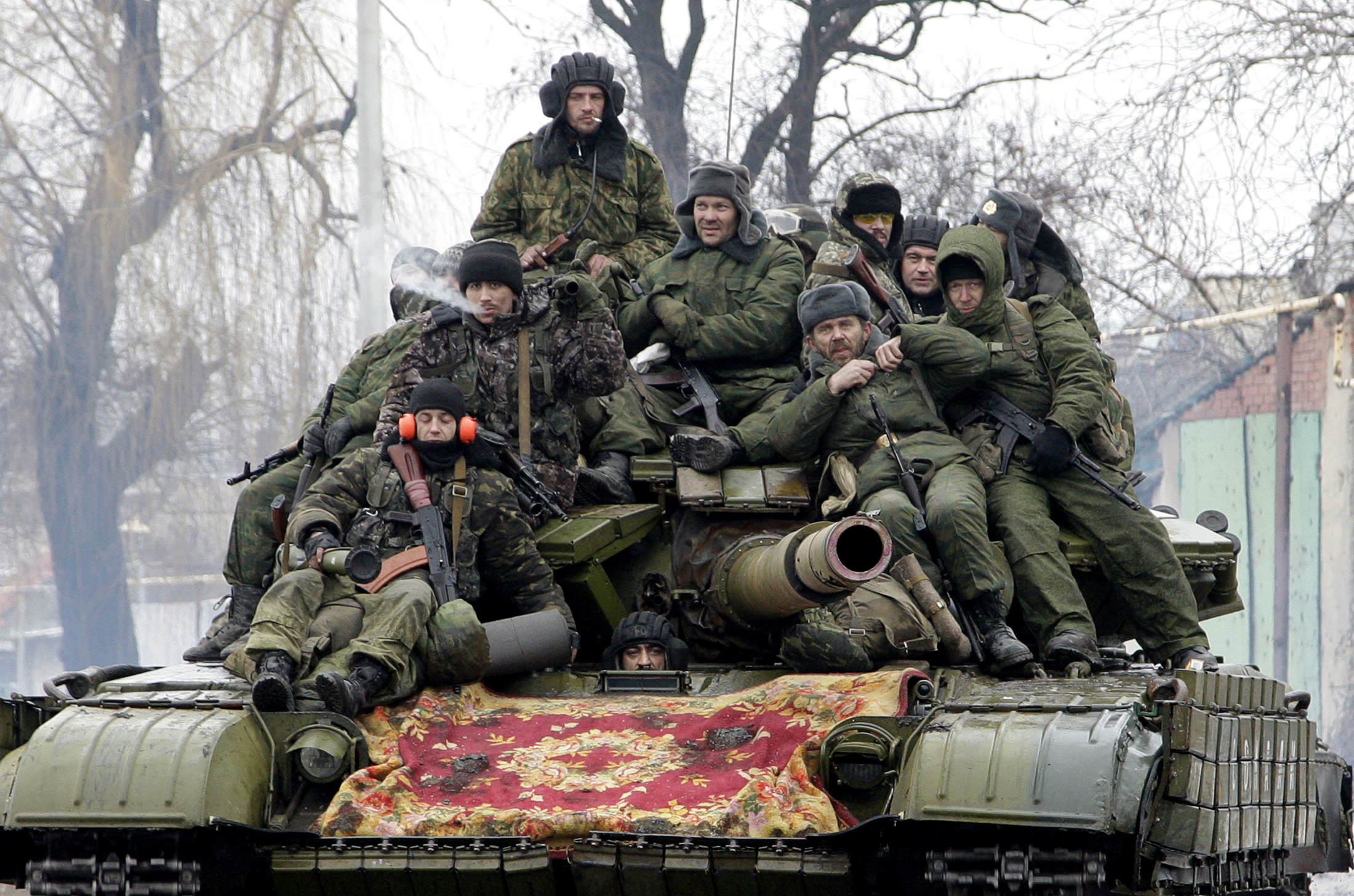Russia-Ukraine Conflict Timeline

Russia ukraine war russian – The Russia-Ukraine conflict has escalated into a full-scale war, with far-reaching implications for both countries and the international community. This timeline provides a comprehensive overview of key events in the conflict, from its origins to the present day.
The timeline is organized chronologically, with dates, locations, and a brief description of each event. It is important to note that this timeline is not exhaustive and may be updated as new information becomes available.
2014, Russia ukraine war russian
- February 20-23: Protests erupt in Ukraine after the government suspends an agreement with the European Union.
- February 28: Russian parliament approves Putin’s request to invade Crimea.
- March 16: Crimea votes to join Russia in a referendum widely condemned as illegal.
- April 7: Russia annexes Crimea.
- April 14: Pro-Russian separatists seize government buildings in eastern Ukraine.
- May 25: Ukrainian forces launch an offensive against separatists in the east.
- September 5: First Minsk Agreement signed, aimed at ending the conflict in eastern Ukraine.
Global Impact of the Conflict: Russia Ukraine War Russian

The Russia-Ukraine conflict has had a profound impact on the global economy, disrupting supply chains, driving up energy prices, and shaking financial markets. The long-term consequences of the conflict remain uncertain, but it is clear that the global economy will be grappling with its effects for years to come.
Energy Prices
The conflict has had a significant impact on global energy markets. Russia is one of the world’s largest producers of oil and natural gas, and the conflict has led to a sharp increase in energy prices. This has had a ripple effect on the global economy, as higher energy prices lead to higher costs for businesses and consumers.
Supply Chains
The conflict has also disrupted global supply chains. Russia and Ukraine are major exporters of a wide range of commodities, including wheat, fertilizer, and metals. The conflict has led to shortages of these commodities, which has driven up prices and caused disruptions in production.
Financial Markets
The conflict has also had a significant impact on financial markets. The uncertainty surrounding the conflict has led to a sell-off in stocks and other risky assets. This has caused volatility in financial markets and made it more difficult for businesses to raise capital.
The long-term consequences of the Russia-Ukraine conflict for the global economy are still uncertain. However, it is clear that the conflict will have a significant impact on the global economy for years to come. The conflict has already led to higher energy prices, disrupted supply chains, and shaken financial markets. It is likely that these effects will continue to be felt for some time, and it is possible that the conflict could have a lasting impact on the global economy.
Amidst the ongoing conflict between Russia and Ukraine, a recent ruling by judge cannon has raised questions about the limits of judicial power in times of war. The ruling, which temporarily blocked the release of sensitive documents related to the conflict, highlights the complex interplay between national security and the public’s right to know.
As the war continues to unfold, the role of the judiciary in shaping its outcome remains a matter of intense debate.
The conflict between Russia and Ukraine has captured global attention, and prominent figures like Elon Musk have weighed in. Musk’s involvement highlights the geopolitical implications of the war, as technology and innovation play a crucial role in shaping the outcome.
The ongoing conflict continues to raise questions about global security and the role of diplomacy in resolving international disputes.